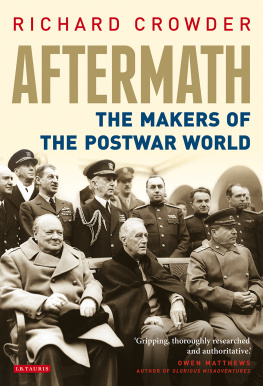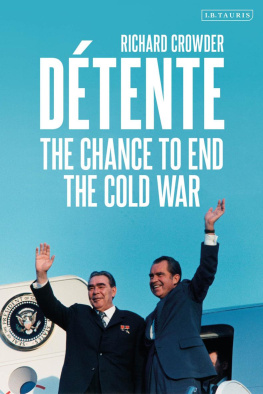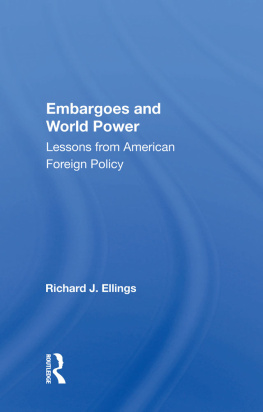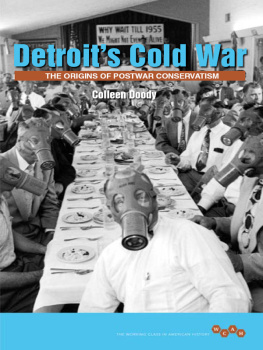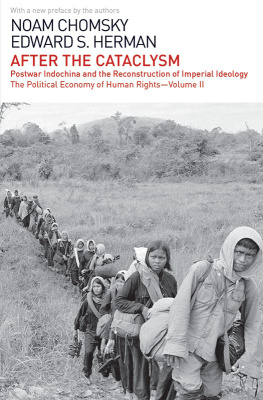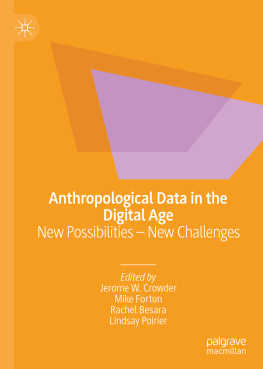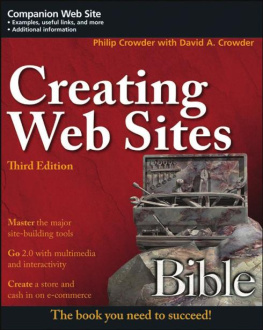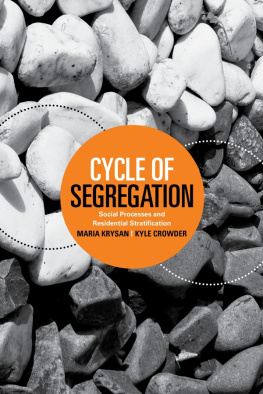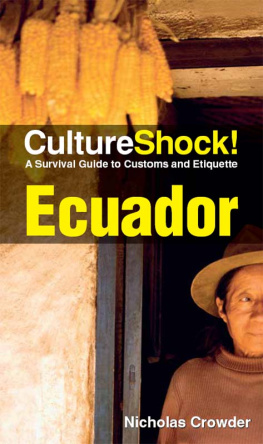Richard Crowder is an independent writer and historian. He studied at Oxford, and at the Kennedy School of Government in Harvard University. He works as a UK diplomat, but writes in a personal capacity.
* * *
Richard Crowder offers an account of the main events which immediately followed the Second World War. He begins with the end of the war in 1945 and carries on through the achievements of the NATO treaty four years later. In these four years, the main institutions by which we are still governed in international affairs began to take shape. We now look at these institutions with some anxiety because they are beginning to creak rather badly. Before we begin to put them right we need to understand why they took their present shape and what were the motives of the men who set them up. Richard Crowder tells the story in straightforward language and manages to bring to life statesmen such as Marshall, Acheson and Truman who have begun to fade from our memories. I recommend this book whole-heartedly to anyone involved in handling present problems; as so often we shall not succeed in handling those problems unless we understand how and why they came about.
Lord Hurd of Westwell
Aftermath is a gripping, thoroughly researched and authoritative exploration of the powers and personalities who shaped the modern post-war world. It is a timely and important book because so many of the institutions and empires that rose from the ashes of a destroyed Europe the global dominance of the United States; the Marshall Plan and the dream of a united Europe; the United Nations; the post-colonial settlement that partitioned India and created Israel remain the fault-lines of todays world. Crowder brings the personalities of the eras key architects from Washington, London and Moscow to vivid life, and his exploration is told with tremendous elegance and brio.
Owen Matthews, author of Glorious Misadventures
Aftermath is a wise and timely book. Richard Crowder movingly tells the human story behind the history of the postwar international security system. In a narrative that is at once elegantly paced and grave, Aftermath reveals the simultaneous strength and precariousness of the institutions created between 1941 and 1949 to keep the peace. We encounter up close the statesmen and diplomats from the US, Britain and the USSR who crafted global institutions out of the ruins of war some hoping to be architects of a better world, some to advance their own national interests at any cost. These complex men of power make perilous journeys to meet on warships and country estates, in embassies and opulent palaces. Together they drink, sing and negotiate tirelessly; alone, they pray and sometimes break from nervous strain. In a brilliant touch, Crowder uses as chapter epigraphs scraps of verse, such as the lines from Alfred Tennysons Locksley Hall that Harry S. Truman kept in his wallet, which imagine the earth lapt in universal law when at last the war drum throbbed no longer. The drama of engagement and confrontation between Moscow and the West that Crowder describes so vividly is unfolding to this day, challenging international institutions in new ways. His book reminds us of the nature of good diplomacy, and how much it matters.
Rachel Polonsky, author of Molotovs Magic Lantern
This is scholarly history written for the ordinary reader: highly accessible, filled with insight and as exciting as a thriller while based on solid research. Read it with pleasure.
Christopher Catherwood, author of Winstons Folly
AFTERMATH
THE MAKERS OF THE POSTWAR WORLD
Richard Crowder
Foreword by Sir Robert Cooper
To my father, Norman
In peace, sons bury their fathers. But in war fathers bury their sons.
Herodotus
Published in 2015 by
I.B.Tauris & Co. Ltd
London New York
www.ibtauris.com
Copyright 2015 Richard Crowder
Foreword 2015 Sir Robert Cooper
The right of Richard Crowder to be identified as the author of this work has been asserted by the author in accordance with the Copyright, Designs and Patents Act 1988.
All rights reserved. Except for brief quotations in a review, this book, or any part thereof, may not be reproduced, stored in or introduced into a retrieval system, or transmitted, in any form or by any means, electronic, mechanical, photocopying, recording or otherwise, without the prior written permission of the publisher.
Every attempt has been made to gain permission for the use of the images in this book. Any omissions will be rectified in future editions.
References to websites were correct at the time of writing.
ISBN: 978 1 78453 102 7
eISBN: 978 0 85773 843 1
A full CIP record for this book is available from the British Library
A full CIP record is available from the Library of Congress
Library of Congress Catalog Card Number: available
Typeset by JCS Publishing Services Ltd, www.jcs-publishing.co.uk
Contents
List of Illustrations
Foreword by Sir Robert Cooper
Preface
Introduction: Not in Enmity
1 Getting Started
2 Doing the Job
3 Leaving the Shadows
4 Drawing Up Account
5 Furling the Flags
6 A Sentimental Journey
Illustrations
Maps
Destruction & Reconstruction in Europe, 1939 to 1951
Diplomatic Travels, 1941 to 1947
Plates
Placentia Bay, 1941 Churchill and Roosevelt at Church Parade on HMS Prince of Wales (Imperial War Museum).
Placentia Bay, 1941 Churchill and Blackie the Cat (Imperial War Museum).
Tehran, 1943 Stalin and Harry Hopkins. Interpreter Vladimir Pavlov stands between them, while Molotov looks on from behind. On the right, General Marshall and British ambassador Archibald Clark Kerr shake hands (Library of Congress).
Tehran, 1943 Sword of Stalingrad presentation. To the left, Alan Brooke and his fellow Chiefs of Staff look on (FDR Library).
Malta, 1945 Edward Stettinius, Alexander Cadogan and Averell Harriman (FDR Library).
Yalta, 1945 Harry Hopkins, press secretary Stephen Early and Charles Bohlen (FDR Library).
White House, 12 April 1945 Harry Truman takes the oath of office, with Bess at his side, and watched by the Cabinet (Truman Library).
San Francisco, 1945 Molotov, Stettinius and Eden debate a point. Behind Eden sits Clem Attlee, engrossed in reading (UN).
San Francisco, 1945 Senator Arthur Vandenberg signs the UN Charter. Behind him stand Truman, Stettinius, Tom Connally and, to the right, Harold Stassen (UN).
Potsdam, 1945 James Byrnes meets Andrei Gromyko and Andrei Vyshinsky at Gatow airport (Truman Library).
Potsdam, 1945 Ernie Bevin argues his case, flanked by Cadogan and Attlee, filling his pipe. Interpreter Arthur Birse takes notes (Truman Library).
Fulton, 1946 Truman applauds Churchill at the end of his Iron Curtain speech. Clark Clifford stands between them, in naval uniform (Truman Library).
White House, 1947 Marshall takes the oath as Secretary of State, administered by Chief Justice Fred Vinson. Truman looks on (Truman Library).
Harvard, 1947 Marshall on the steps of the Widener Library, flanked by University President James Conant and General Omar Bradley (in uniform) (Harvard).
Lake Success, 1947 Eleanor Roosevelt listens to simultaneous interpretation (UN).
Washington, 1949 Dean Acheson signs the NATO treaty, watched by Truman (US National Archives).


